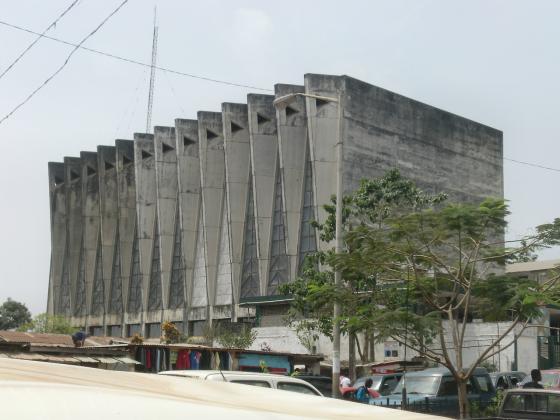The Role of the Church through Its Individual Members
In this series on Church and State relations, we have been examining the primary role and responsibility of the Church to the society. In the third article, last week, we attended to the question of whether the Church has failed or is failing the society.
The following observations were made: “Is the Church failing society?” For some, the straightforward answer is “yes”. They will point to the failure of the Church not to speak out against the ills of society such as corruption in government and the moral decadence of most of modern society.
In Liberia, people will mention the likes of Bishop Michael Francis of the Roman Catholic Church, Bishop George D. Browne of the Episcopal Church of Liberia, and Bishop Arthur Kula of the United Methodist Church who in past years stood up to the powers that were and endeared themselves to the Masses but were disliked by the government.
The critics of the Church may draw attention to the over emphasis of some Churches today on money and prosperity as opposed to taking care of the needy and playing key roles in building and maintaining quality educational and health facilities as was done in the past. They ask us to look at the lack of unity and reconciliation among Church leaders of the same Council. They then conclude the Church has failed society.
Others, like us, can admit to the failings of the Church but still maintain that it has not failed society. The Church as the people of God is never perfect. Its head, Jesus Christ is perfect and asks its members to aim for perfection but knows full that they will fail from time to time (Leviticus 11:44; 1 Peter 1:16; 1 John 1:8-9).
Here in Liberia the Church has been a partner for development. The Church has been there right at the founding and formation of the nation. It has trained and prepared men and women who have and continue to provide leadership for the nation and its institutions. Alongside others, the Church fought and won to end the civil war in Liberia. In those difficult days, the nation and its people looked up to the Church and it matched up to its name of being the peacemaker and reconciler.
How many in our society whose lives would have been for the worse had the Church not come to give them a chance and a push in their lives? The Church has supported healthcare and taught its members and others how to live a better life. The Church is not perfect but it has left a legacy of saving and improving lives and continues to do so up to current.
What is often over looked by members and those outside the Church is that the Church is not only its institutions and their heads but in all its members in different spheres of life. Who they are and do affect the image of the Church. They represent the Church unofficially. This is evident in the New Testament Church. The onlookers observed that the apostles and ordinary disciples of Jesus performed miraculous deeds of kindness and said “Who are these? They are unlearned Galileans.” But others, replied, “It is because they have been with Jesus.” Thus the earlier followers of Jesus were called the people of the Way because the power and love of Jesus was shown in their words and actions. Likewise, in the early Church a pagan philosopher and convert to the Way, Tertullian, once said that it was not so much the preaching or the worship style of the Church that attracted them to the Church.
The unbelievers said, “See much these people love each other.” It therefore important for the official Church to empower its members by conscientizing them that they are to represent Christ and his Church; to bear witness to him wherever they may be; and, according to the gifts given them, to carry on Christ’s work of reconciliation in the world; and to take their place in the life, worship, and governance of the Church” to quote the Episcopal Book of Common Prayer.
Each Christian is to live and work as if personally working for Jesus Church. In this sense, no ministry (service or career) is more important than the others. Every service that honors God and uplifts humanity is sacred: preparing meals, cleaning homes, institutions and our environment in general, cooking and feeding people, teaching, taking care of the sick, guiding and encouraging people, preaching, business, law, politics, etc. William Barclay has written, “Every Christian is an advertisement; he or she either attracts or repels people to Christianity.” Jesus Christ needs his ministers (servants) in every area of earnest human endeavor, politics, IT, law, business, education, medicine, and various other careers.
William Wilberforce is an example of a Christian who made his Christianity count in parliament in England. He and a few Evangelical Christian parliamentarians saw their role in politics as witnessing to their Christian faith. They would pray for hours (three or more) before going to sessions. They led the campaigns to end slavery and child labor in Britain and left a fine legacy of Christian witness in politics. This can be duplicated in every career or vocation. The last article will offer some advice for the Church of how to be and do better.

